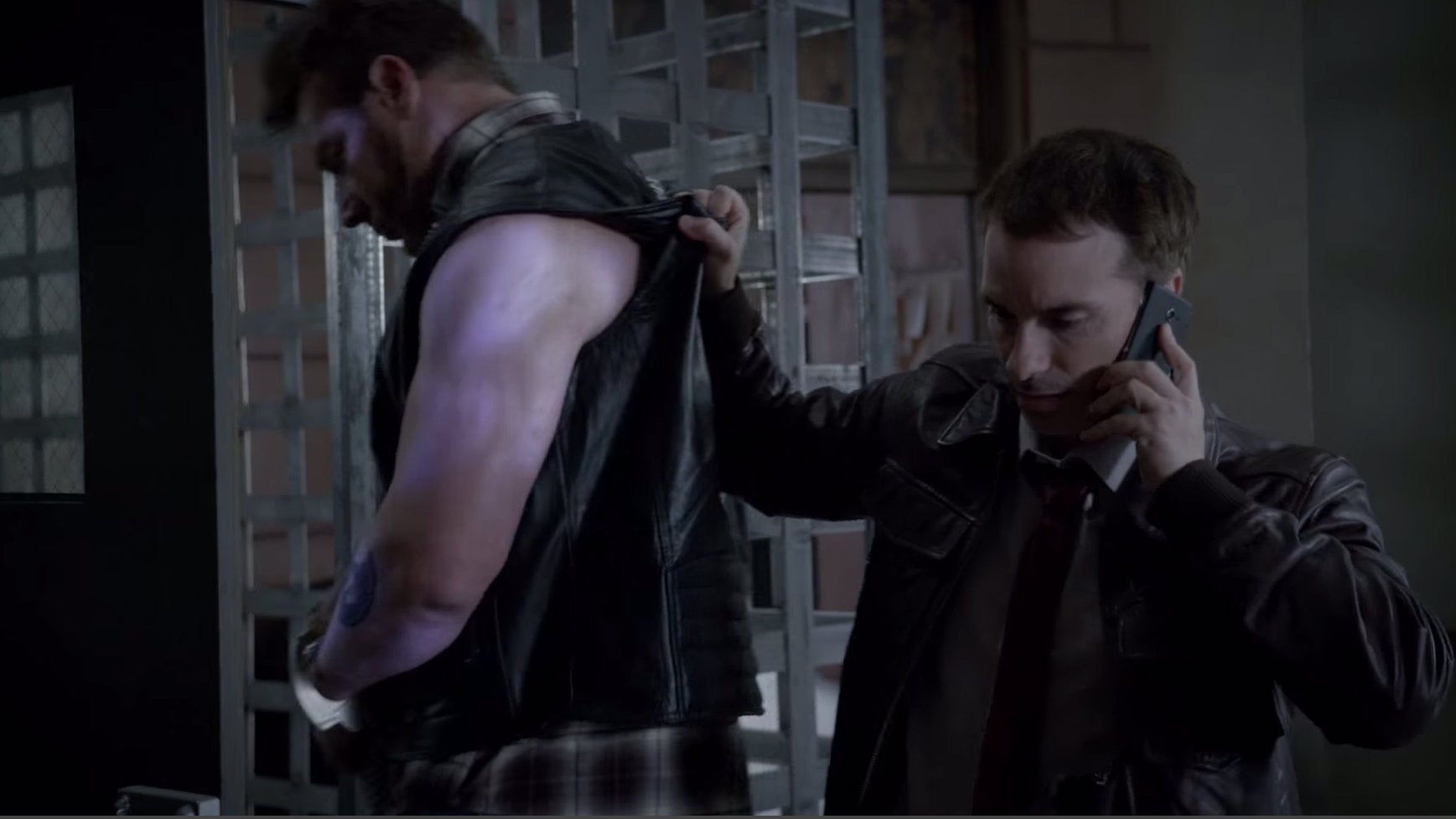PlayStation wants to be the new Netflix, but that will never happen
Are we still in a Golden Age of Television? That’s up for debate, but’s become clear that the Golden Age of Television Content Providers is ending.


Are we still in a Golden Age of Television? That’s up for debate, but’s become clear that the Golden Age of Television Content Providers is ending.
Last July, Microsoft pulled the plug on Xbox Entertainment Studios, which had been developing original series—including one based on the game Halo—for Xbox users. But Sony PlayStation, its gaming console rival, pushed forward with its own original series plans for its PlayStation Network. On March 10, PlayStation launched Powers, adapted from the comic book series about two homicide detectives investigating cases that involve people with superpowers.
With its original series streaming plans, PlayStation Network had hoped to become the next Netflix, but given the lukewarm reception for Powers, it would have better off as the next Xbox: a brand that smartly bowed out of creating original content rather than get lost in the digital TV clutter.
Unlike the warm embrace given to Netflix’s first high-profile series, House of Cards, Powers’ reception has been decidedly mixed and far from rapturous. The Atlantic’s David Sims noted that “the show’s flimsy façade collapses with the show’s clunky exposition and poor production values.” The series “looks cheap and small,” agreed HitFix’s Alan Sepinwall, who added that “there’s a potentially terrific show to be made from this material, but PlayStation doesn’t seem to have had any more luck finding it than FX did.”
Sepinwall was referring to the 14 years that Powers spent in development, first as a potential movie, and later as a TV series. FX spent a couple years trying to turn into into a show, and shot a pilot starring Jason Patric in 2011, but the network ultimately gave up, allowing PlayStation to step in.
Sony wants Powers not only to enhance the console’s value, but to help sell PlayStation Plus memberships, which run at $50 per year and allow users to access episodes of the series, along with free games, online multiplayer modes, online storage and discounts at the PlayStation Store. With a similar business model to those of Amazon Prime, HBO, and Netflix, the goal is to use the show to attract new PlayStation Plus subscribers (more than 100 million PlayStation 3 and 4 consoles have been sold worldwide), and keep the current ones renewing.
The show’s “cheap” criticism must be particularly tough for PlayStation, given that John Koller, its vice president of marketing, had told Business Insider, “we wanted to provide the highest-level of production possible,” and that the show’s budget was comparable with Netflix offerings like Orange is the New Black and House of Cards (i.e. an estimated $3-4 million per episode for its 10-episode first season). “Every effort’s being put to the highest quality here.” The company also made the first Powers episode available for free on YouTube:
Powers was only supposed to be the first step in PlayStation’s grand original content plans. Last fall, Sony execs spoke ambitiously about plans to create more original series for PlayStation, and ultimately build out a digital network, with series produced in-house by Sony Pictures Television. “We’ve been talking a long time with PlayStation,” Chris Parnell, Sony Pictures TV’s senior VP of US drama development, told Variety last November. “It has been a desire for us and for them to try to do something together, because they have a content-delivery service and we have content. It’s a chocolate and peanut butter kind of thing.”
That talk has quieted considerably. Tellingly, PlayStation hasn’t decided whether it will keep making original content, whether additional seasons of Powers or another new series. And Powers’ mediocre reception isn’t likely to prompt any additional pickups.
Back in December, when presenting my 2015 resolutions for networks and streaming outlets, I noted that “there’s simply no room for anything less than the very best. Upstart content providers: is your new series as phenomenal as Orange is the New Black or Transparent? If the answer is no, don’t bother.”
PlayStation didn’t listen, but when it comes to production original content, its best move would have been to follow the lead of its rival and close up shop.